Migration in the EU-ACP Partnership After 2020: Implementing the UN Global Compact
Brussels, Belgium
Date of publication: November 2018
The Cotonou Partnership Agreement between the European Union (EU) and 78 African, Caribbean, and Pacific (ACP) countries is set to expire this year. Negotiations on a post-Cotonou successor agreement began in September 2018, and migration will be a major topic.
The beginning of these negotiations coincides with the final preparations of the United Nations (UN) Global Compact for Safe, Orderly, and Regular Migration, to be adopted in Morocco’s medieval city of Marrakesh in December 2018. Although the two agreements are distinct from each other, there is a great deal of potential overlap. The renewed EUACP Partnership Agreement could potentially be shaped as a regional mechanism to implement the Global Compact.
A comparison of the EU and the ACP’s negotiating mandates reveals significantly divergent positions in the area of migration. While Brussels focuses on the need to stem irregular migration, facilitate returns, and strengthen border controls; the ACP tends to stress the positive effects of migration and seeks to promote legal mobility. This divergence demonstrates each party’s different priorities and political calculations. Nevertheless, there is scope for compromise on many issues including legal migration which is also part of the EU’s negotiating mandate. Furthermore, Brussels’s interest in addressing the root causes of migration aligns with the development priorities of ACP countries.
Download PDF for further information:
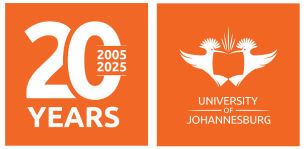







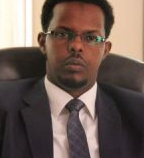
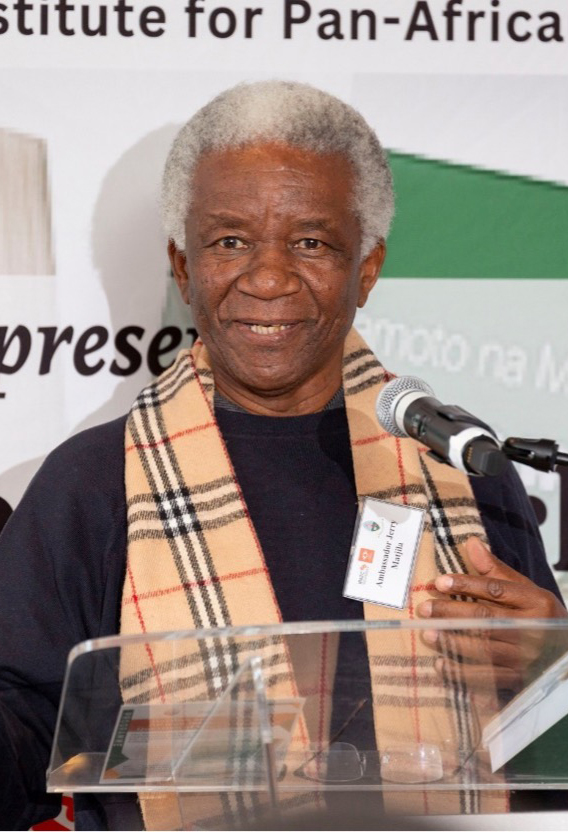


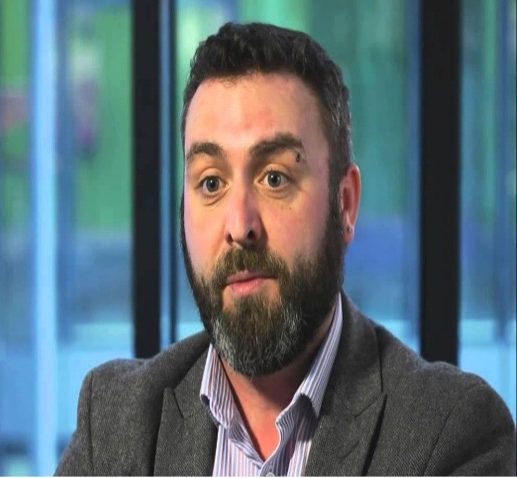



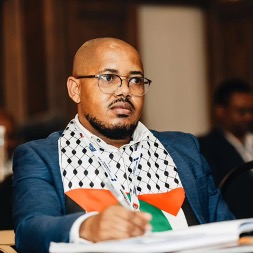



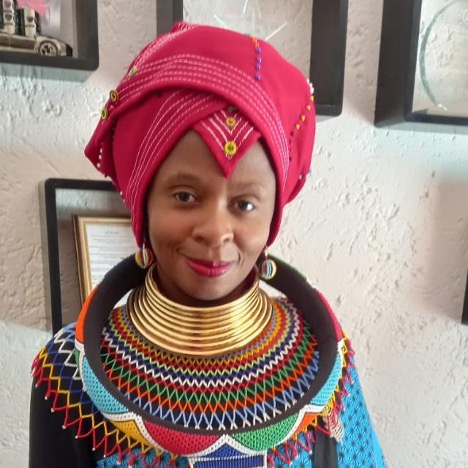


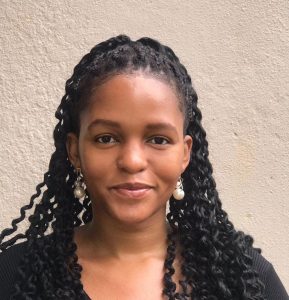


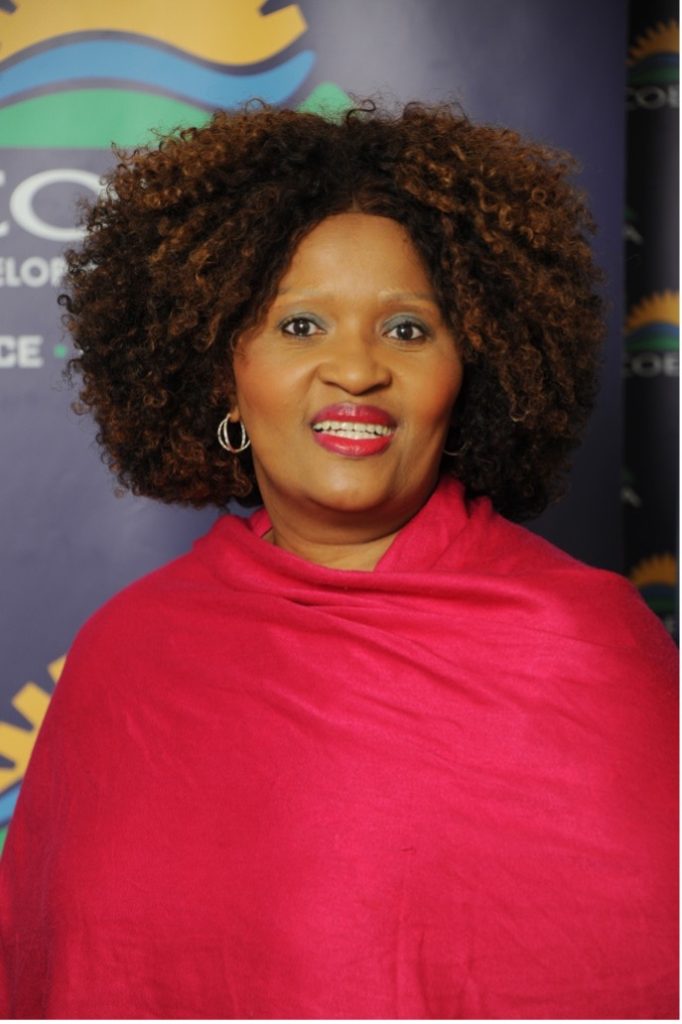





























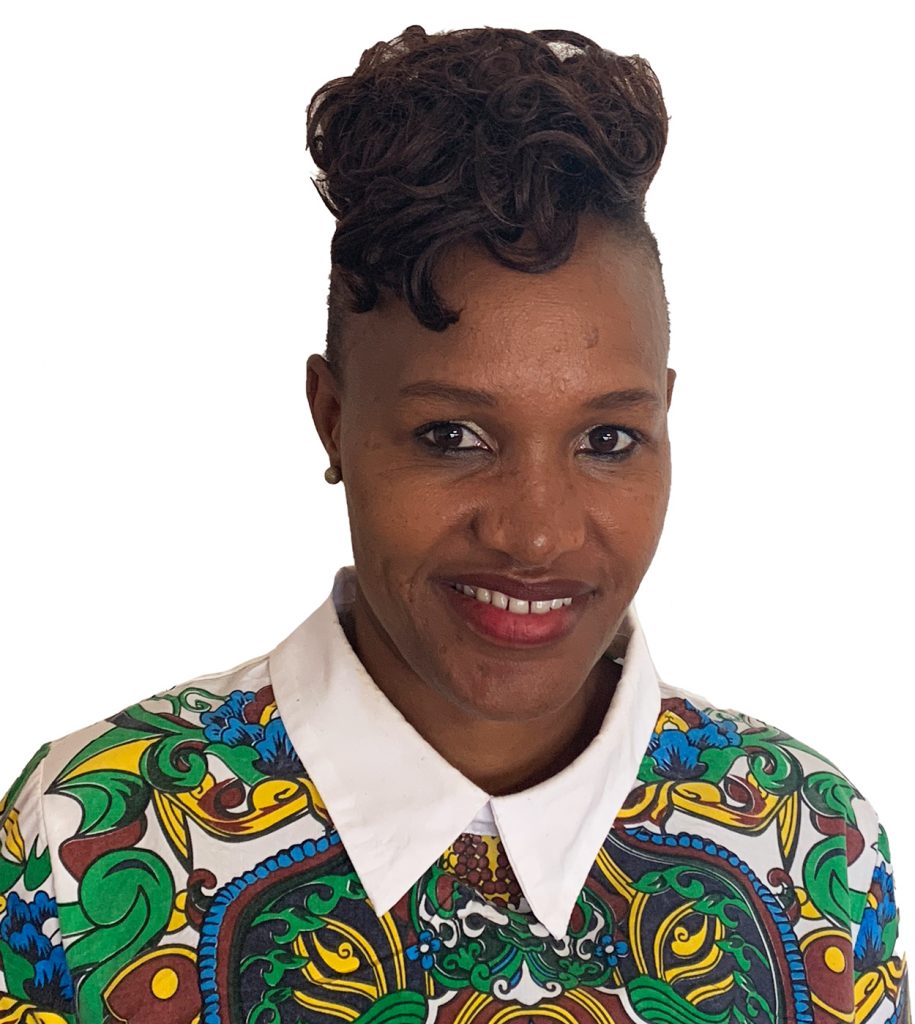

 Ms Zoliswa Ntsoko (South Africa) is the Institute’s Administrative Assistant who assists with general administration and research. She is a seasoned professional with a background in Disaster Management. She holds an Advanced Diploma in Management from Milpark Business School, and a Post Graduate Diploma in Public Management from Regenesys Business School. She also holds certificates in Project Management, and in Disaster Management. Previously, she has worked as a Disaster Management Specialist at the City of Johannesburg – Disaster Management Centre.
Ms Zoliswa Ntsoko (South Africa) is the Institute’s Administrative Assistant who assists with general administration and research. She is a seasoned professional with a background in Disaster Management. She holds an Advanced Diploma in Management from Milpark Business School, and a Post Graduate Diploma in Public Management from Regenesys Business School. She also holds certificates in Project Management, and in Disaster Management. Previously, she has worked as a Disaster Management Specialist at the City of Johannesburg – Disaster Management Centre. Ms Cecilia Lwiindi Nedziwe-Moyo is the Research Coordinator at the Institute for Pan-African Thought and Conversation. She previously served as a Regional Coordinator at the Centre for Peace Initiatives in Africa (CPIA) in Zimbabwe between 2007 and 2013. She completed her master’s degree in International Studies, Peace, and Conflict Resolution at the University of Queensland in Australia as a Rotary Peace Scholar. She has just completed her doctoral studies at Rhodes University. Her areas of interest include: gender, foreign policy, regional organisations and conflict resolution.
Ms Cecilia Lwiindi Nedziwe-Moyo is the Research Coordinator at the Institute for Pan-African Thought and Conversation. She previously served as a Regional Coordinator at the Centre for Peace Initiatives in Africa (CPIA) in Zimbabwe between 2007 and 2013. She completed her master’s degree in International Studies, Peace, and Conflict Resolution at the University of Queensland in Australia as a Rotary Peace Scholar. She has just completed her doctoral studies at Rhodes University. Her areas of interest include: gender, foreign policy, regional organisations and conflict resolution.



 Ms Thembeka Somtseu is a seasoned professional with a background in the textile and construction sectors. She holds a National Diploma in Business Administration from the Durban University of Technology, and studied Development Communication and Media Studies at the University of the Witwatersrand. She worked as a corporate communications specialist for more than ten years, serving in both local and multinational companies.
Ms Thembeka Somtseu is a seasoned professional with a background in the textile and construction sectors. She holds a National Diploma in Business Administration from the Durban University of Technology, and studied Development Communication and Media Studies at the University of the Witwatersrand. She worked as a corporate communications specialist for more than ten years, serving in both local and multinational companies.